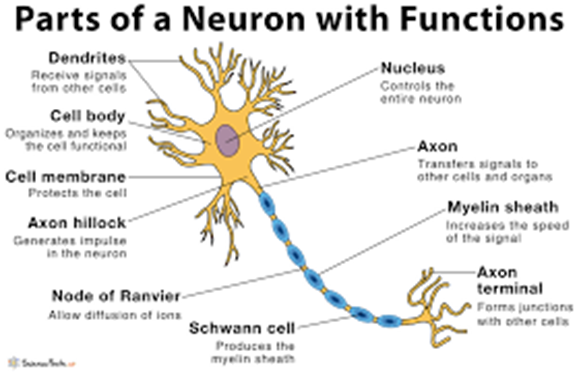After traveling through the proximal convoluted tubule, glomerular filtrate enters which of the following nephron components?
Loop of Henle
Bowman's capsule
Collecting duct
Glomerulus
The Correct Answer is A
A. Loop of Henle: After the glomerular filtrate passes through the proximal convoluted tubule, it enters the Loop of Henle. This component of the nephron is responsible for further concentrating the filtrate and plays a critical role in urine concentration.
B. Bowman's capsule: Bowman's capsule is where glomerular filtration begins. It collects the filtrate from the glomerulus, but it is not where filtrate goes after the proximal convoluted tubule.
C. Collecting duct: The collecting duct is the final segment of the nephron where urine is collected after it has passed through the Loop of Henle and distal convoluted tubule. It does not receive the filtrate directly from the proximal convoluted tubule.
D. Glomerulus: The glomerulus is a network of capillaries where filtration of blood occurs, producing glomerular filtrate. It is not a component that the filtrate enters after the proximal convoluted tubule.
Nursing Test Bank
Naxlex Comprehensive Predictor Exams
Related Questions
Correct Answer is A
Explanation
a. Cartilage: Cartilage is a type of connective tissue found at the ends of bones in joints. It provides a smooth, elastic surface that cushions the bones and reduces friction during movement.
b. Tendon: Tendons are tough, fibrous bands that connect muscles to bones. They do not reduce friction at joints.
c. Fibrillin: Fibrillin is a protein component of connective tissue, but it's not a specific structure like cartilage and doesn't directly reduce friction in joints.
d. Osteocytes: Osteocytes are mature bone cells. They are not located at joints and don't play a role in friction reduction.
Correct Answer is B
Explanation
a. Cell body: The cell body is the main part of the neuron containing the nucleus and other organelles. It does not directly transmit impulses.
b. Axon: The axon is a long fiber that carries electrical impulses away from the cell body towards other neurons or muscles.

c. Synapse: A synapse is a junction between two neurons where nerve impulses are transmitted. The axon of one neuron transmits an electrical signal to the dendrite or cell body of another neuron across a small gap. Neurotransmitters are released from the presynaptic neuron and bind to receptors on the postsynaptic neuron, either exciting or inhibiting it.
d. Dendrite: Dendrites are short, branching fibers that receive signals from other neurons and transmit them towards the cell body.
Whether you are a student looking to ace your exams or a practicing nurse seeking to enhance your expertise , our nursing education contents will empower you with the confidence and competence to make a difference in the lives of patients and become a respected leader in the healthcare field.
Visit Naxlex, invest in your future and unlock endless possibilities with our unparalleled nursing education contents today
Report Wrong Answer on the Current Question
Do you disagree with the answer? If yes, what is your expected answer? Explain.
Kindly be descriptive with the issue you are facing.
